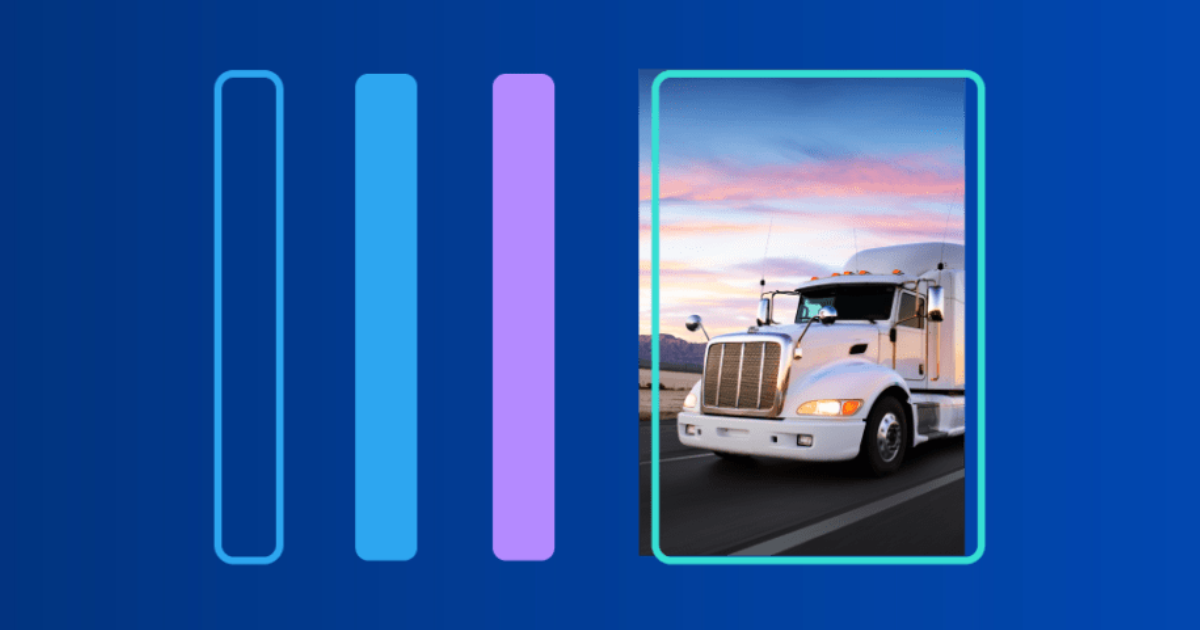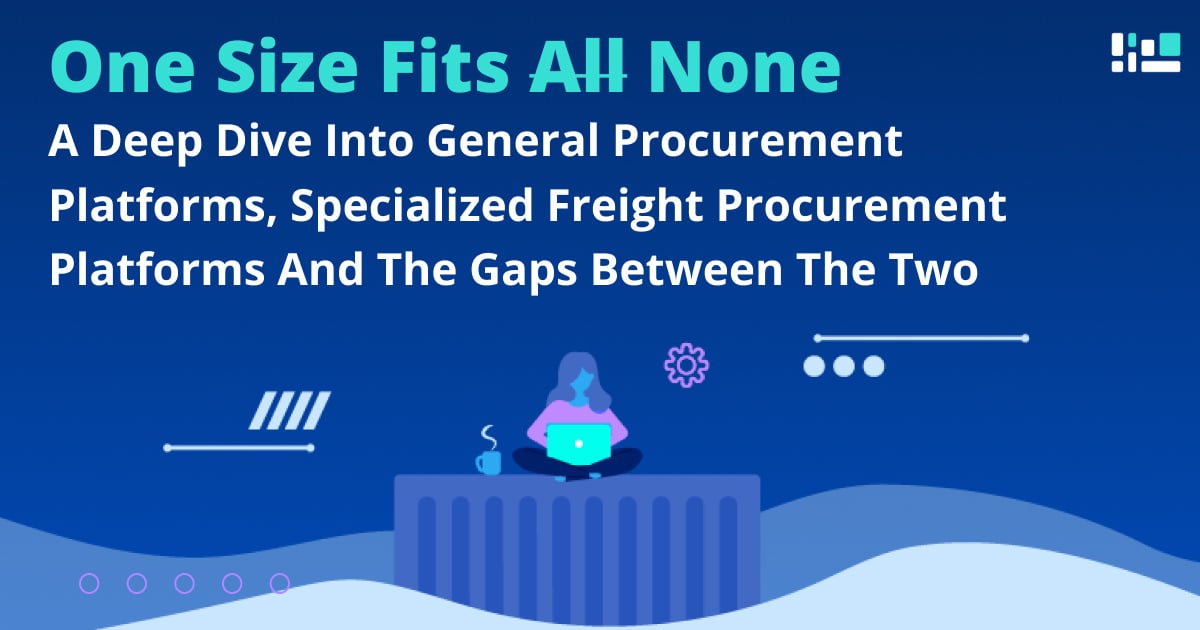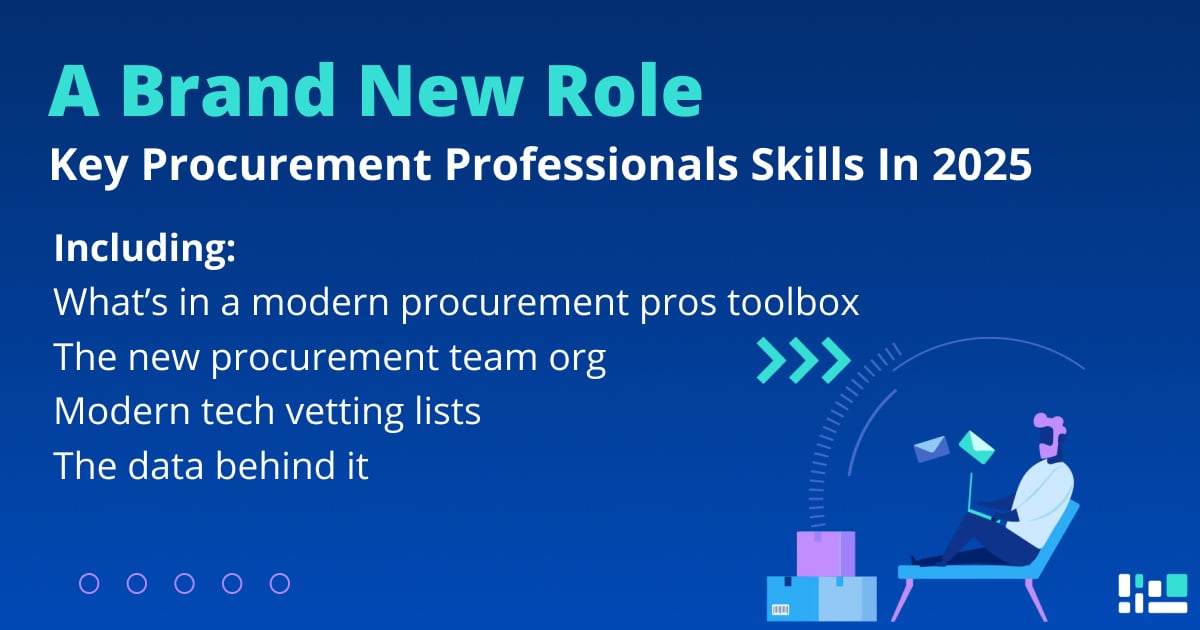FCL and LCL are two common terms used in shipping under the export and import trade of international businesses.
Here's a breakdown of what these terms mean and the benefits of each shipping type.
What does FCL mean in shipping?
The short form FCL in shipping stands for the term 'Full Container Load'. This means that a shipment occupies the entire space of a container, without having to share it with other shippers. In an FCL cargo, the complete goods in the container are owned by one shipper.
Shipping lines offer a variety of containers that differ in size and function:
- Standard dry containers
- Refrigerated containers
- Tank containers
- Flat rack containers
- Collapsible flat rack containers.
The average length of any of these containers is either 20-feet or 40-feet.
Benefits of FCL
Primarily, you have the possibility to instruct the shipper to load your container or load the cargo yourself.
Once the container is loaded, it is sent to the port and loaded onto a cargo ship. The shipping companies have fixed departures from and to all major ports worldwide.
When the container arrives at its destination, your goods are unloaded and delivered to the consignee. Full container transports often take place inter-modally, using other modes of transport in the transport chain from the point of departure to the destination, such as trucks, trains and, if necessary, aircraft.
The benefits of FCL cargo are reduced risk of damage or loss and a quicker transit time as the shipping lines guarantee complete control and overview of the entire shipment.
What does LCL mean?
The counter term is LCL – 'Less than Container Load'.
The term is used to describe the transportation of small ocean-freight shipments, which do not require the full capacity of a container. This is why an LCL container is also called a 'consolidated container'.
Benefits of LCL
LCL (Less than Container Load) is a flexible and cost-effective option for transporting smaller, less time-critical shipments between the world’s major ports.
This flexible shipping method is suitable for everything from a small parcel to a large shipment. The advantage is that you can get your goods on their way as soon as they are ready, instead of having to wait until your goods fill a complete container.
Remember that in the case of LCL you can't decide what other types of cargo you share the container with. In addition, there may be delays beyond your control, due to the fact that the container is used by several parties.
Shipping companies often offer fixed departure times with guaranteed cargo space on the most important routes.
FCL vs. LCL – How to decide?
The two crucial factors to consider when choosing between FCL and LCL are the weight and dimensions of the shipment. For example, if the shipment consists of only one or a few pallets, it may be cheaper to ship them in a consolidated container.
But you also have to consider the nature of your shipment: Do you have dangerous goods? How fast does the shipment have to arrive? If you're shipping dangerous goods or need your cargo to arrive quickly, an FCL might be a better option.
FCL and LCL in other modes of transports
FCL (Full Container Load) and LCL (Less than Container Load) are not only frequently used in shipping, but also in transport by truck, rail and air freight. For example, if shipments are transported by truck, forwarders use the very similar terms FTL, which means 'Full Truck Load' or LTL – 'Less than Truck Load'.
How can shippers benefit in the current market? Download our industry whitepaper to uncover the top 5 opportunities that shippers can leverage in 2023 (and how to benefit from them).
About SHIPSTA
SHIPSTA powers smart logistics procurement with a digital platform that connects shippers and carriers to ensure a frictionless procurement process for spot and contract buying, entirely online. It automates complex tasks, provides unrivalled visibility and supports fast data-driven decision-making. Designed and built by experts in logistics procurement, it is bringing transparency, automation and efficiency to the global logistics industry. It is used by some of the world’s largest companies to respond to market volatility, control freight costs and manage risk. The company was founded in 2015 and is based in Mertert, Luxembourg and Hamburg, Germany.
.png?width=925&height=292&name=Ocean%20Campaign%20Email%20Footer%20(1584%20%C3%97%20500px).png)


